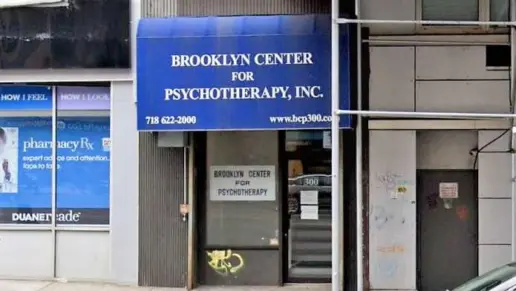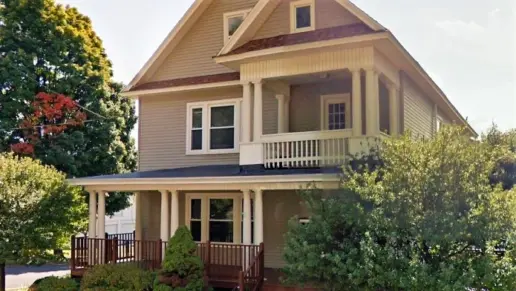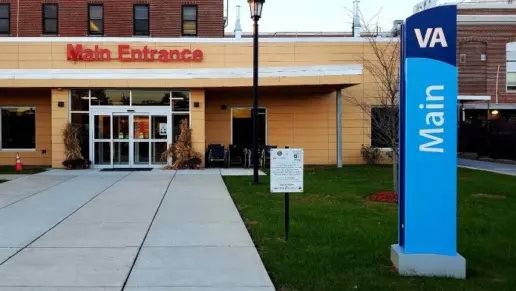About New Life Manor Community Res
The New Life Manor is a halfway house that specializes in substance use disorders. They are part of the Regional Economic Community Action Program which is located in Newburgh, New York. I like that they will help develop your own treatment which will help you learn all the benefits of sobriety and also help you identify your triggers that can lead to relapse.
Three main criteria must be met in order for you to be admitted into the house. You must have proof that you have been clean for 30 days. You must be referred by either the criminal justice system, hospital or another licensed OASES provider. You must make sure that your referral has your psychological history, medical records, your course of treatment and contact information.
What I like about them is that they are a smoke free facility and they have 24 hour staffing. There is a resident manager on site. They are able to house up to 24 people but the bedrooms are shared. They may have up to 3 people per room but everyone has their own locker space. The house has a dining room and common areas. I do like that they have ping pong tables on site.
If you have any cravings or withdrawal symptoms, they are able to provide medication assisted treatment with Suboxone, Vivitrol or naltrexone. I also like that they are able to provide you with transportation if you need to attend a self help community meeting. The counselors provide individual counseling and lead the group therapy sessions.
They are also able to provide medication management and case management services. If you are referred through the criminal justice system and need to complete community service hours, they do have opportunities for that via volunteer work.
Latest Reviews
Rehab Score
Gallery
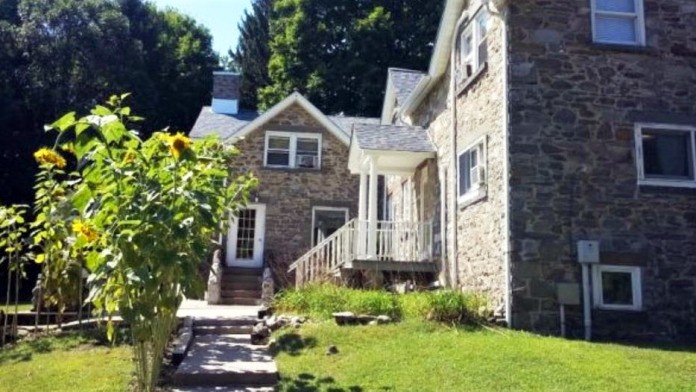
Location
Other Forms of Payment
Self-pay involves paying for treatment out of your own pocket. You can use savings or credit, get a personal loan, or receive help from family and friends to fund your treatment. If you don't have insurance or your insurance plan doesn't cover a specific program, self-pay can help ensure you still get the care you need.
Sliding scale payments are based on a client's income and family size. The goal is to make treatment affordable to everyone. By taking these factors into account, addiction recovery care providers help ensure that your treatment does not become a financial burden to you or your family, eliminating one barrier to care.
Medicaid is a state based program that helps lower-income individuals and families pay for healthcare. Medicaid covers addiction treatment so those enrolled can use their coverage to pay for rehab. When a program accepts Medicaid the client often pays very little or nothing out of their own pocket.
Private insurance refers to any kind of healthcare coverage that isn't from the state or federal government. This includes individual and family plans offered by an employer or purchased from the Insurance Marketplace. Every plan will have different requirements and out of pocket costs so be sure to get the full details before you start treatment.
Addiction Treatments
Levels of Care
Treatments
The goal of treatment for alcoholism is abstinence. Those with poor social support, poor motivation, or psychiatric disorders tend to relapse within a few years of treatment. For these people, success is measured by longer periods of abstinence, reduced use of alcohol, better health, and improved social functioning. Recovery and Maintenance are usually based on 12 step programs and AA meetings.
When you choose drug rehab in New York, you'll participate in a variety of treatments that are designed to help you live a drug-free lifestyle. Common methods of treatment include group, individual, and family counseling, medication management, nutrition, exercise, and management of co-occurring mental health disorders.
Many of those suffering from addiction also suffer from mental or emotional illnesses like schizophrenia, bipolar disorder, depression, or anxiety disorders. Rehab and other substance abuse facilities treating those with a dual diagnosis or co-occurring disorder administer psychiatric treatment to address the person's mental health issue in addition to drug and alcohol rehabilitation.
Opioid rehabs specialize in supporting those recovering from opioid addiction. They treat those suffering from addiction to illegal opioids like heroin, as well as prescription drugs like oxycodone. These centers typically combine both physical as well as mental and emotional support to help stop addiction. Physical support often includes medical detox and subsequent medical support (including medication), and mental support includes in-depth therapy to address the underlying causes of addiction.
Substance rehabs focus on helping individuals recover from substance abuse, including alcohol and drug addiction (both illegal and prescription drugs). They often include the opportunity to engage in both individual as well as group therapy.
Programs


Clinical Services
In individual therapy, a patient meets one-on-one with a trained psychologist or counselor. Therapy is a pivotal part of effective substance abuse treatment, as it often covers root causes of addiction, including challenges faced by the patient in their social, family, and work/school life.
Family therapy helps individual members of the family unit navigate the complexities of addiction. Therapists provide you with the tools you need to improve communication skills and conflict resolution. When families work together, they can support their loved one's recovery and help to restore balance and harmony within the household.
Staff

CEO
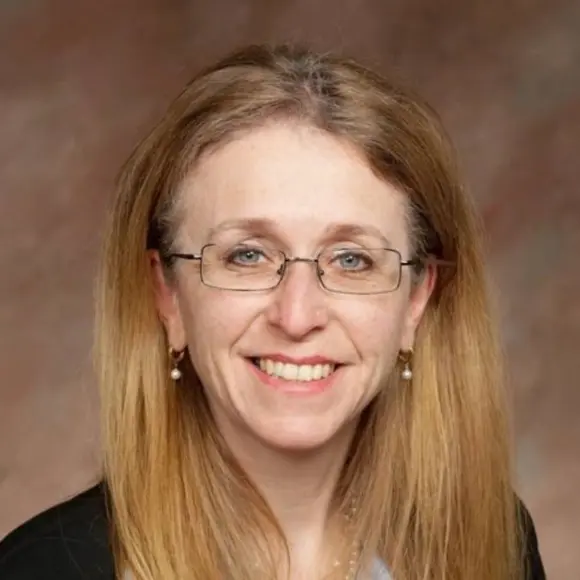
President, BOD
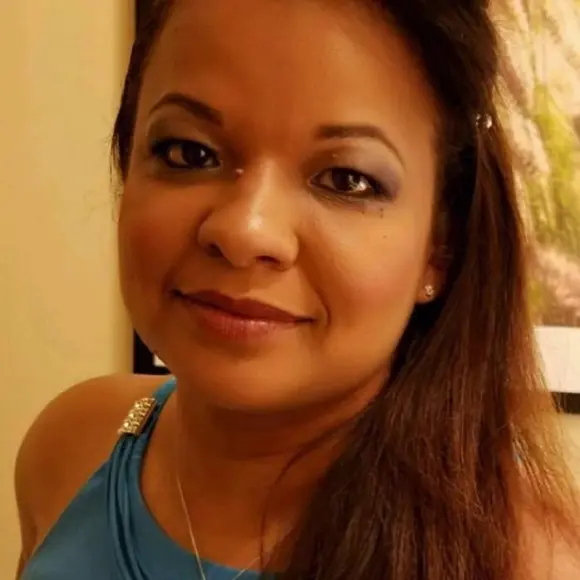
1st Vice President, BOD
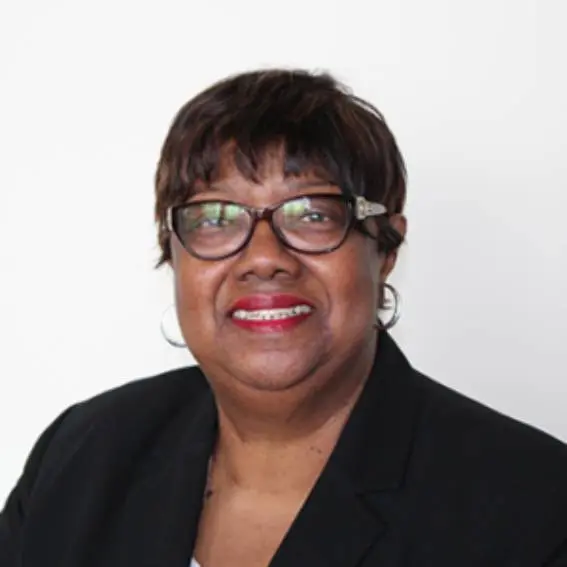
2nd Vice President, BOD
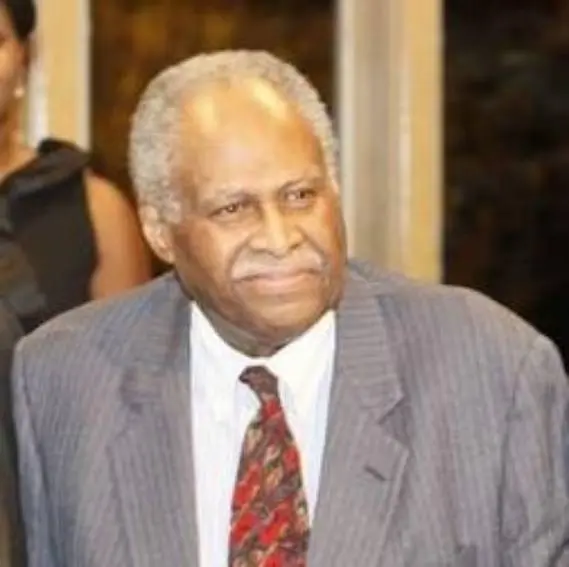
Secretary, BOD
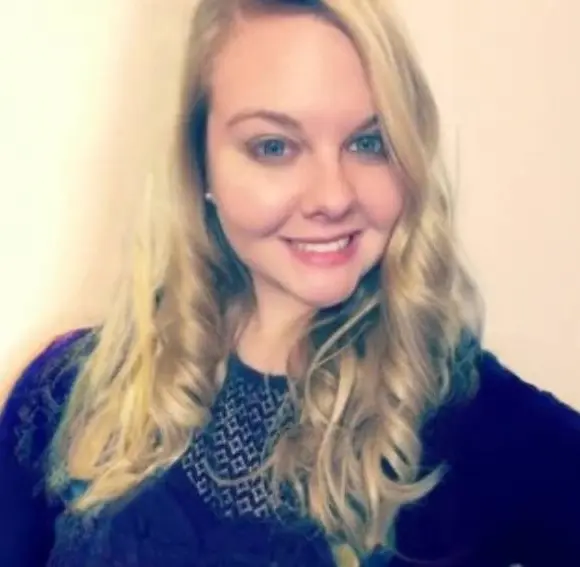
BOD
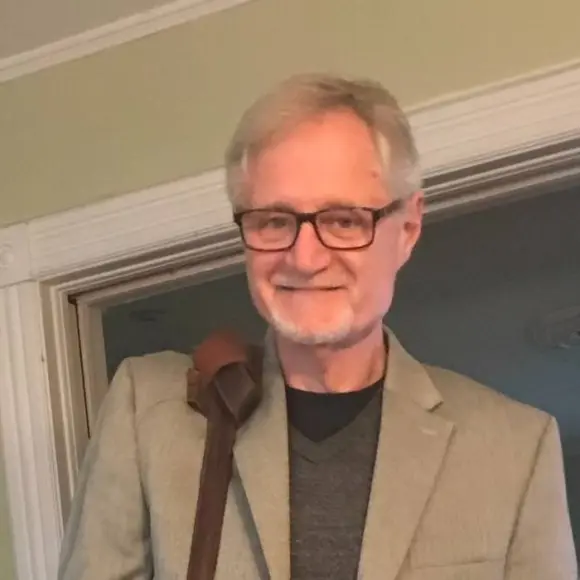
BOD

BOD
Contact Information
127 Hickory Hill Road
Newburgh, NY 12550
